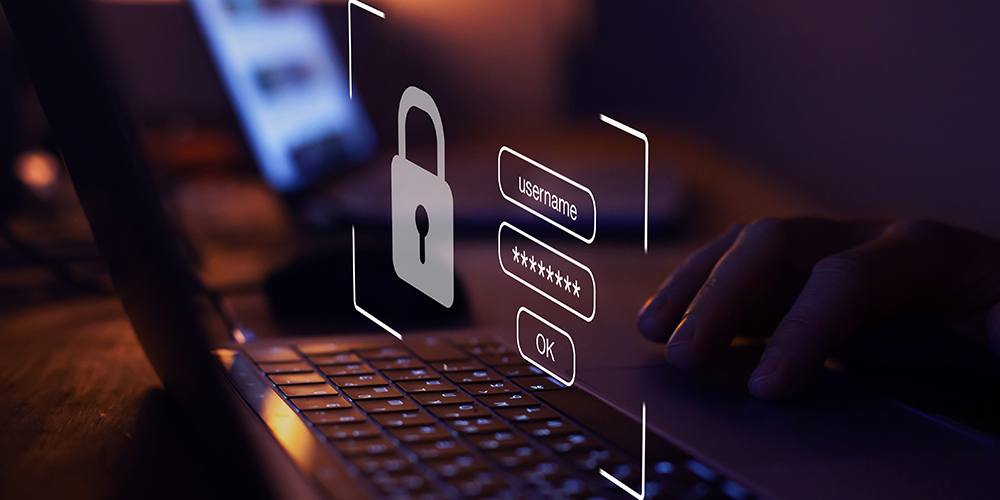Businesses large and small deal every day with personally identifiable information from customers, employees and additional stakeholders. How do they protect it? While passwords alone are not considered personally identifiable information, they help keep it safe. Read on to learn more about how to manage passwords and keep data safe
The Role of Passwords in Safeguarding PII
Personally identifiable information (PII) is defined as data that can be linked with or traced to an individual. Such PII includes names, date of birth, address, Social Security numbers and other specific information about a person. Some of it is n-sensitive, part of public records or easily found online. Sensitive PII can include biometrics (used as part of multi-factor authentication, employment and financial records, and bank account credentials. Every business owner handles a great deal of personally identifiable information in the course of doing business. How can they protect it?
Passwords authenticate a user’s access to websites (including company websites) that hold personally identifiable, often sensitive, data on employees, customers and more. Employees properly trained in password management can be helpful in safeguarding a company’s data. One key practice, along with developing strong passwords, is refraining from sharing these passwords with others.
Keeping Passwords Private Benefits Your Business
The reasons for keeping passwords secret may seem obvious–no one else can get into your accounts, or change your data, or leave it in danger of falling into the wrong hands. If your workers keep their passwords secret, they prevent sensitive information from being leaked to those who can misuse it. Individual workers (and your business as a whole) avoid penalties associated with regulatory non-compliance. By keeping passwords confidential, they avoid being held responsible for misuse. What’s more, with a strong password, they can always access the resources they need to succeed in their work. Even companies with strong controls and policies need to train their workers in password maintenance, making the practices part of the organization’s culture.
While passwords may or may not fall under the category of personally identifiable information, they definitely serve to protect it. For help in developing your company’s password policy, contact your trusted technology advisor today.

